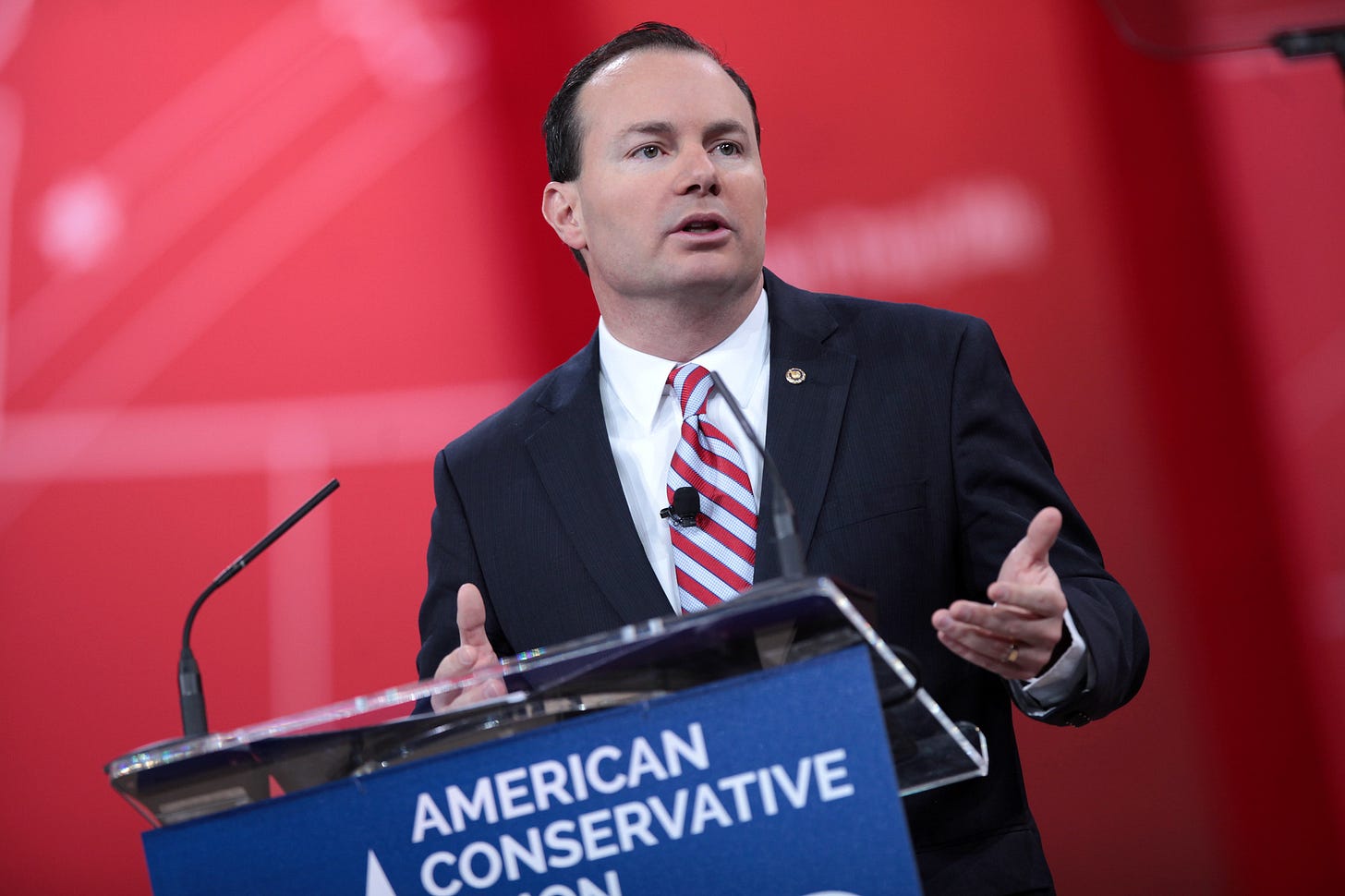Mike Lee Flails As His Public Land Sale Triggers Firestorm
The Utah Senator says he is rewriting his controversial bill to narrow the scope of federal land sales. It is unlikely to appease his growing number of critics.

Republican Utah Sen. Mike Lee couldn’t help himself, not with a GOP trifecta in Washington offering such a rare opportunity to advance his ideological crusade against America’s public lands.
On June 11, the not…



